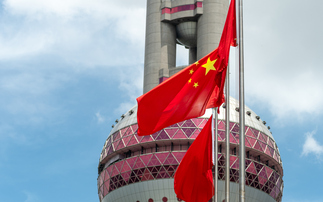AkzoNobel's Chris Cook sets out his four must-haves for a successful sustainable business strategy
Today many businesses across the globe are making steady progress towards a low-carbon economy based on products and services that use resources more carefully. But an increasing number of businesses want...
To continue reading this article...
Join BusinessGreen
In just a few clicks you can start your free BusinessGreen Lite membership for 12 months, providing you access to:
- Three complimentary articles per month covering the latest real-time news, analysis, and opinion from Europe’s leading source of information on the Green economy and business
- Receive important and breaking news stories via our daily news alert
- Our weekly newsletter with the best of the week’s green business news and analysis






